 +255784 360 721 or Contact your Travel Advisor
+255784 360 721 or Contact your Travel Advisor
Embark on an unforgettable journey with Carnivores Safaris, where the beauty of Tanzania unfolds before you in a tapestry of vibrant wildlife, pristine landscapes, and rich cultural heritage. Our tailor-made safari experiences are crafted to immerse you in the wonders of the African savannah, bringing you face-to-face with the majestic Big Five and beyond
Tanzania, a land where nature reigns supreme, offers a safari experience like no other. From the sweeping plains of the Serengeti, teeming with migrating wildebeest, to the breathtaking Ngorongoro Crater and the sun-kissed beaches of Zanzibar, our tours unveil the diverse splendors of Tanzania
About Us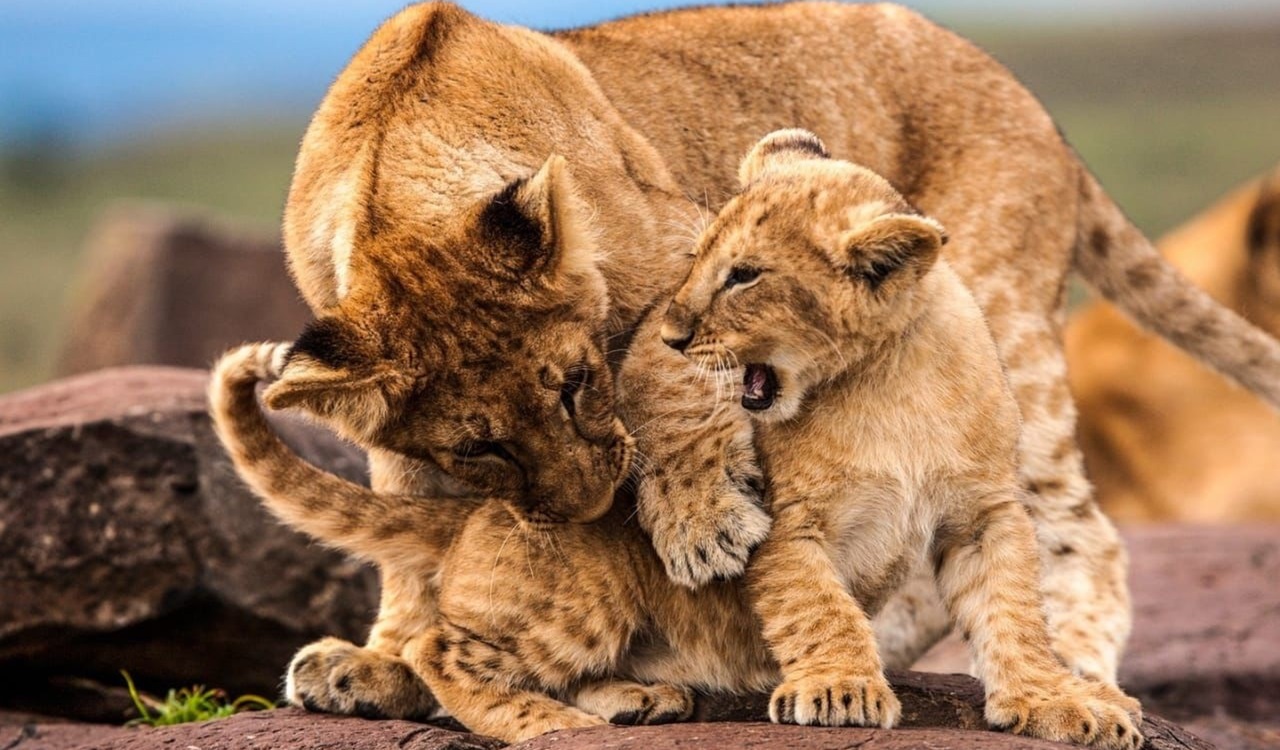
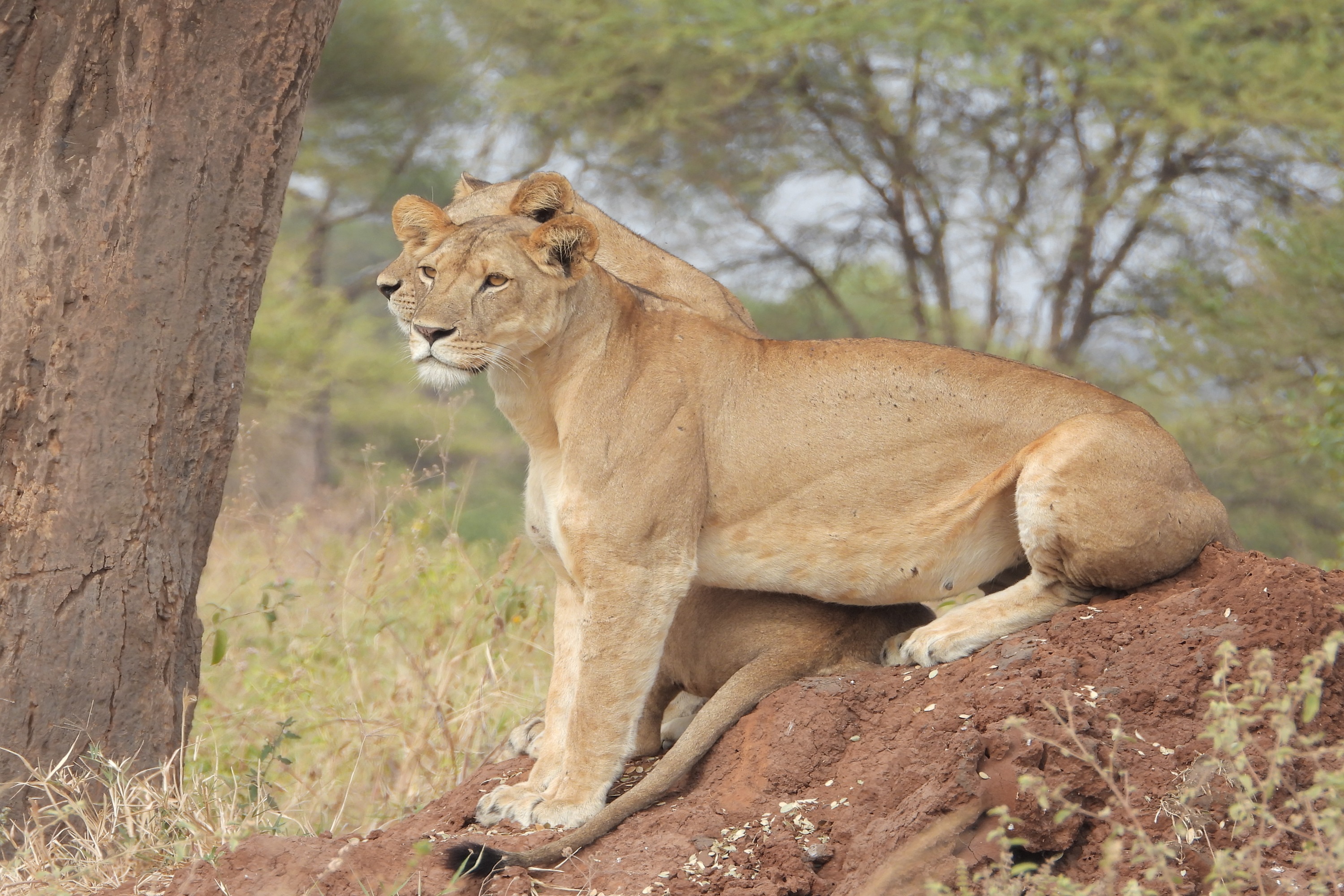
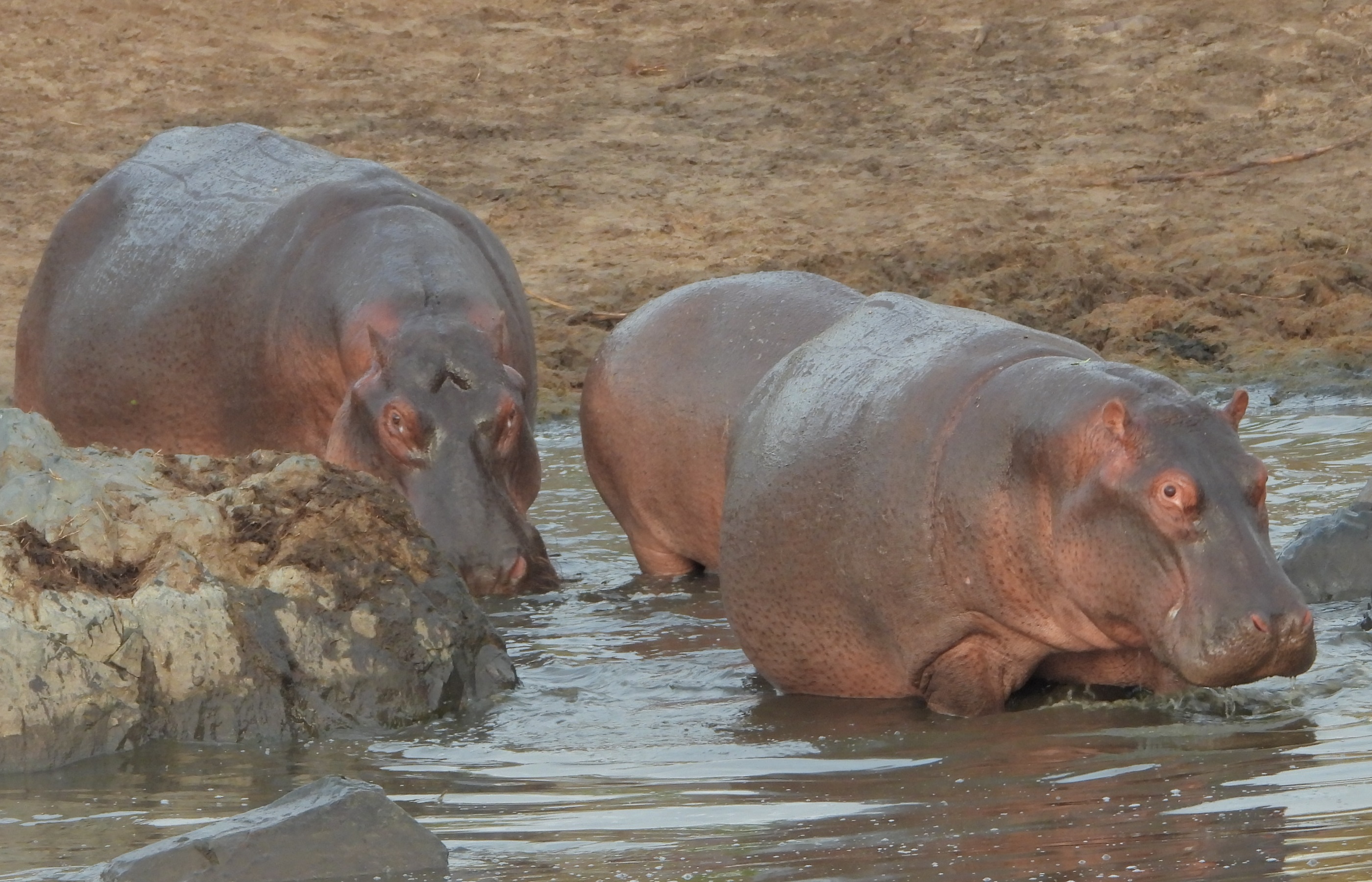
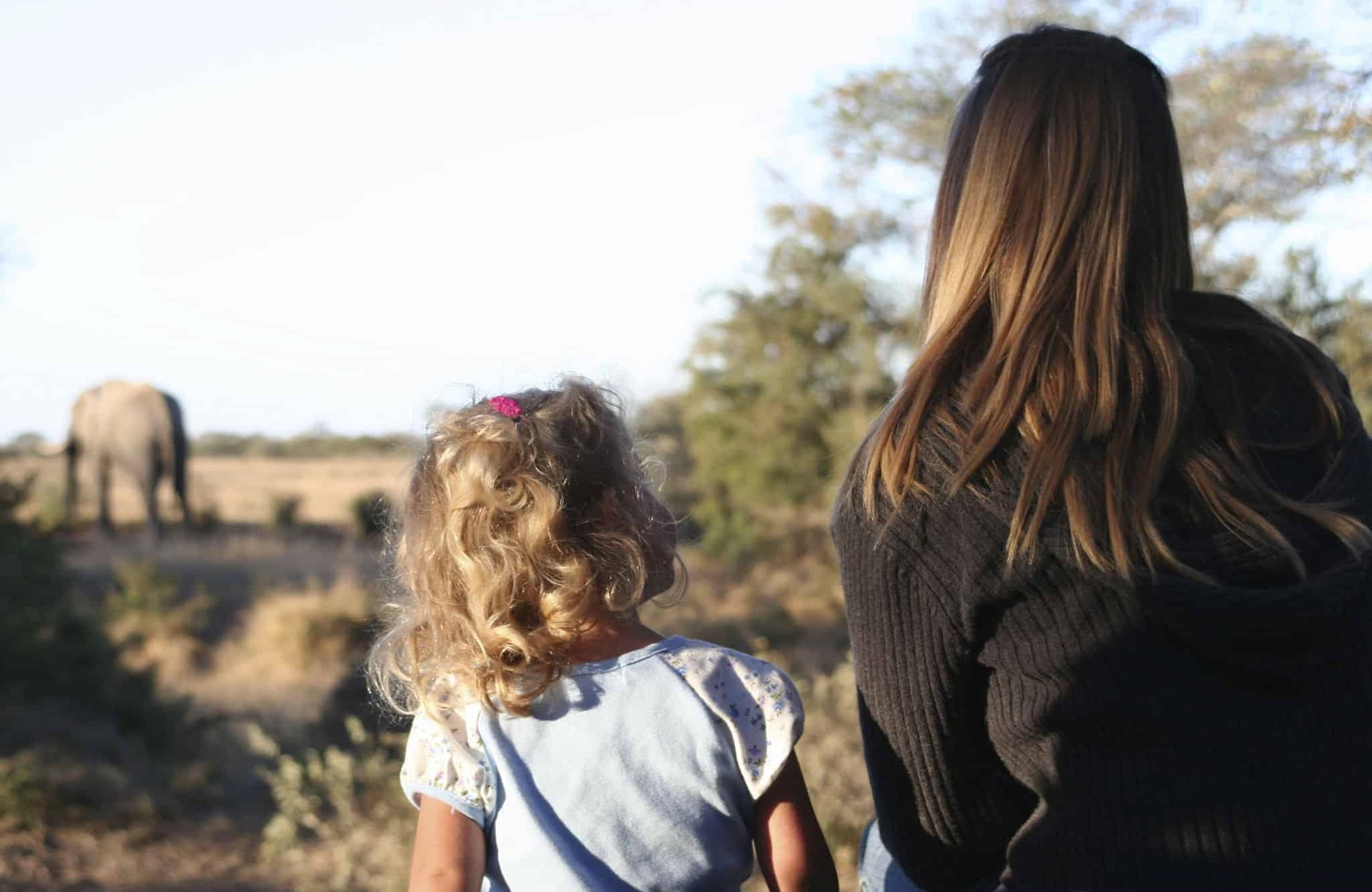
Africa offers once-in-a-lifetime travel opportunities.
Take the kids along on a family safari
A safari to Africa isn’t complete wit...
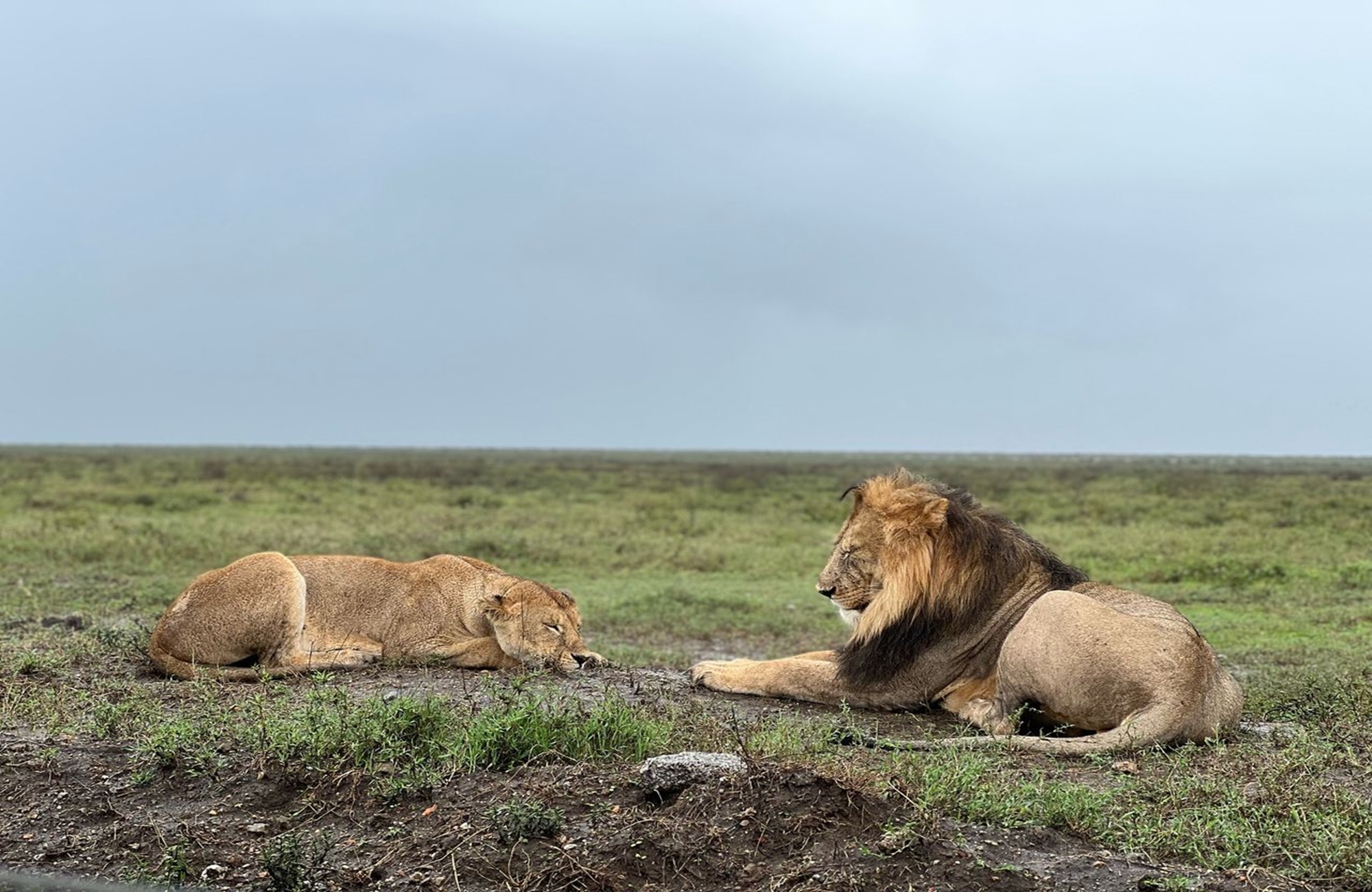
Africa offers once-in-a-lifetime travel opportunities.
Big Five safari Tanzania
A safari to Africa isn’t complete without taking in...
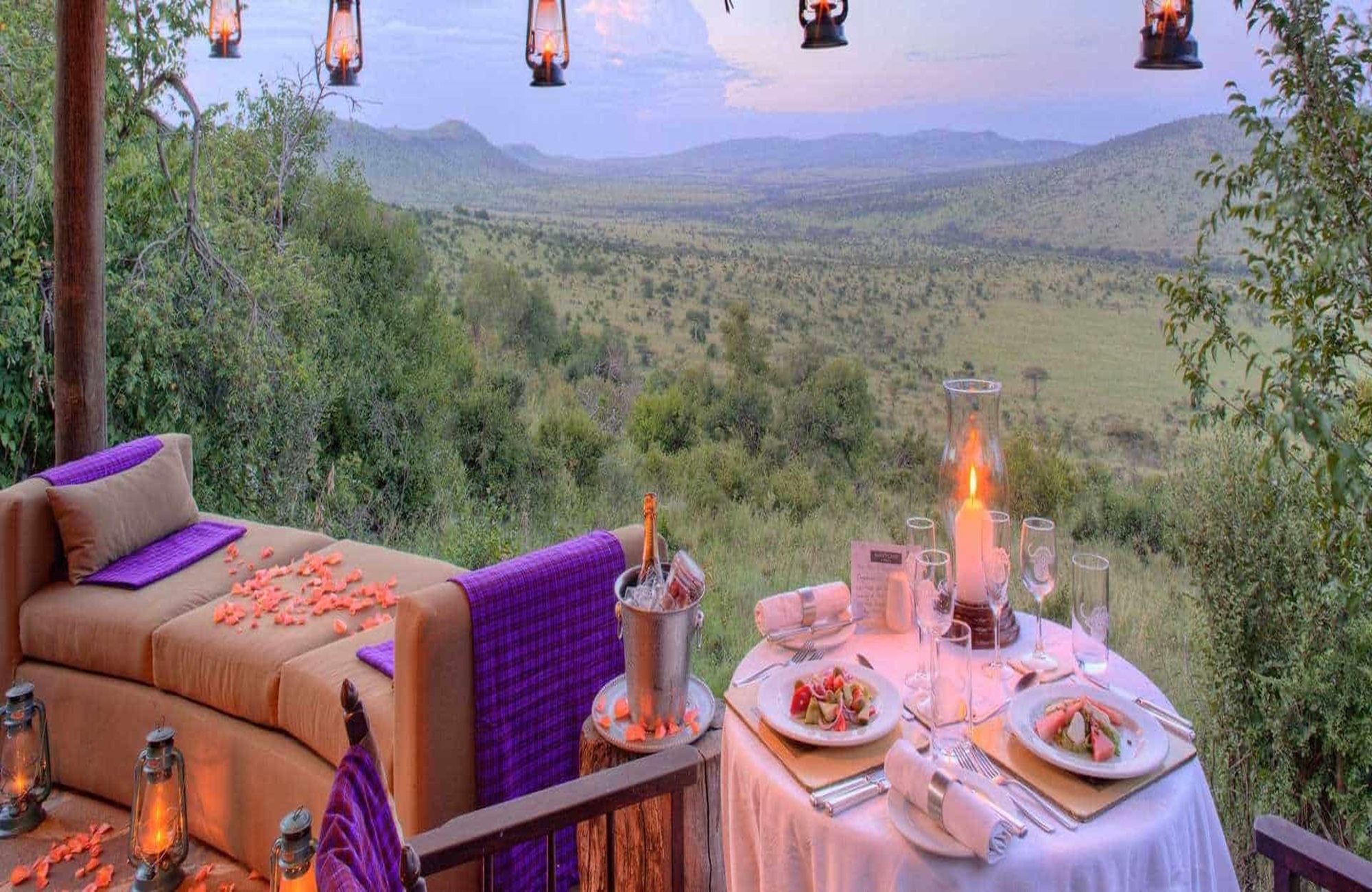
Africa offers once-in-a-lifetime travel opportunities.
Where to go on a romantic holiday
New York, step aside! There’s a new destination t...